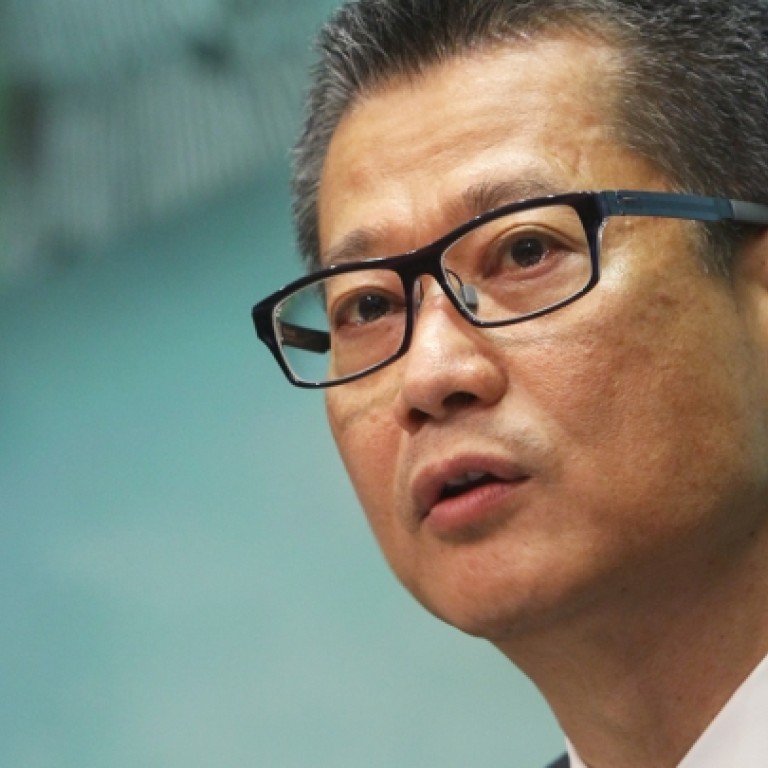
URA to consider redeveloping homes of civil servants
URA may turn its attention to redeveloping years-old flats of government employees that were built under co-operative societies
Urban renewal efforts may be broadened to include civil servants' homes, some of which were built up to six decades ago, the development minister says.

Despite the cancellation, Secretary for Development Paul Chan Mo-po sounded an early warning that the Urban Renewal Authority would need more money to start on more renewal projects.
"We are exploring [the redevelopment of] civil servants' co-operative housing," Chan told lawmakers.
"We have to be creative … We are not ruling it out. We will look into some areas of public interests that we can work on."
The possible expansion signalled a change in the Development Bureau's attitude in redeveloping the homes of government employees - from passive to proactive.
In January, Chan said it was not the authority's priority. The authority stated the co-operative societies that managed those homes should apply for demand-led redevelopment when at least two-thirds of owners agreed to it.
The housing arose from the Civil Servants Co-operative Building Society Scheme, which was in operation between 1952 and the mid-1980s.
To house public servants, the government granted land at a concession - usually set at a third of the market value - to build flats through co-operatives. The owners cannot sell their properties unless at least 75 per cent of society members agree to dissolve the society and all members agree to sell the site and to pay a land premium - defined as the difference in the value of the lot before and after redevelopment.
A total of 227 civil servants' estates have not been redeveloped, compared with 11 that have, on private initiatives, official data shows. The old estates, if redeveloped, would provide more than 19,000 flats of 500 sq ft. Currently, many of the flats are rundown and vacancy rates are high.
It is understood that the Central Policy Unit has begun a study to identify a solution for redevelopment talks between the government and civil servants.
The negotiations have stalled because of disagreement over the land premium.
Lai Ding-hang, a representative of the societies, said the premium should be waived as a form of housing benefit for civil servants.
He said retired employees living across at least seven districts hoped the authority would help as their buildings had no lifts and maintenance fees were high.
Meanwhile, the authority has dropped its plan to turn an industrial building on Smithfield into a residential block.
The building was to be one of two URA pilot projects to test the feasibility of releasing more land for flats and offices by redeveloping industrial facilities.
URA managing director Iris Tam Siu-ying said the owners decided to carry out redevelopment themselves before the acquisition process had begun.

